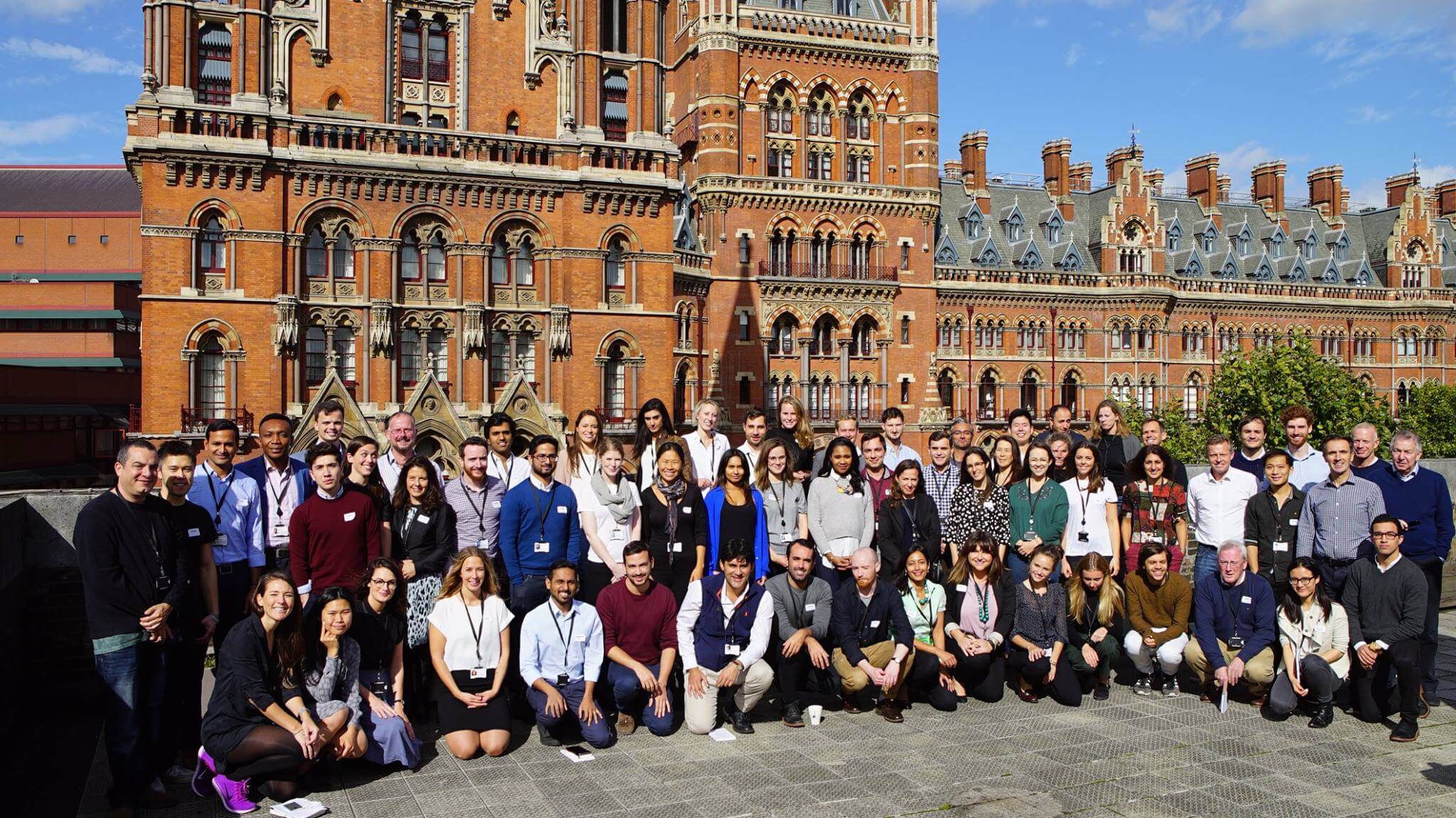
Rose Acton, Founder, Zinc Mission 1 & former Policy and Research Officer, Money and Mental Health
55 entrepreneurs, six months, one Zinc mission: women’s mental health
Last year I was seconded from the Financial Conduct Authority to Money and Mental Health. A major theme that emerged from conversations we had with members of Money and Mental Health’s Research Community, who have lived experience of mental health problems, is how much harder it is to manage your money in a period of poor mental health.
“When I am not well, I ignore mail and so problems and debts mount up; even if I open a bill and read the line ‘if you are having difficulty paying, you must contact us immediately’, it feels too hard so it goes on a pile of things to be done…”
Yet many of the tools that people told us would help them manage their finances and avoid financial difficulty are simply not available, despite being technically possible.
“I like the idea of a time delay. Spending could be a quick release from negative feeling, but quickly you feel it wasn’t the right thing and could regret spending that money, so a delay to allow the transaction to be cancelled would be good.”
It was this realisation – combined with my friends’ and family’s experiences of mental health problems within a mental health system that isn’t always able to provide them with the support they need – that inspired me to make the leap to join the Zinc programme.
Innovation to fix social problems
Zinc is a new social innovation programme which brings together 55 individuals, over six months, to build new tech businesses from scratch. For me, what makes Zinc exciting is its mission-led approach. Throughout history, missions have a great track record in solving big challenges, from putting the first man on the moon to eradicating diseases. Each Zinc programme has a single mission – to solve a social problem which affects at least 100 million people. This year, the mission is to improve women and girls’ emotional and mental health.
On the programme, there is an equal mix of women and men, from over 25 countries and with a wide range of experience, from computer scientists and doctors, to therapists and entrepreneurs, but all with one common aim – a commitment to improving women and girls’ emotional and mental health. The strength of having such a diverse group of people is already clear. There is so much energy to solve this problem, and we’ll be combining our own expertise with insights from social sciences and venture capital to look at these issues in fresh ways and create sustainable solutions.
The state of women and girls’ mental health
The figures are stark:
- One in four girls is clinically depressed by the time they turn 14
- Rates of self-harm amongst young women have tripled since 1993
- 25% of women have experienced domestic violence and abuse
- 90% of girls aren’t happy with their body weight
- More than 10% of women experience postnatal depression
- One in four young women are in debt all the time.
This is clearly a huge agenda. Right now there just aren’t enough solutions to help people improve their own health, or to enable professionals to support individuals needing specialist support. For people to stay healthy, or to recover their health when they are unwell, they often need support in all areas of their lives – including with work, family life, relationships, physical health and finances.
So, some of the questions we are asking ourselves at Zinc (along with many others!) are ‘how can we use tech to offer innovative treatments, to improve young women’s financial wellbeing, support new mums from pregnancy to parenthood, or to boost wellbeing at work?’
Zinc are focussing on women for their first mission due to the specific emotional health risks and issues, but many of the products and services created could benefit people of any gender.
What to find out more?
If you would like to discuss or find out more about the programme, please do email me on [email protected]
